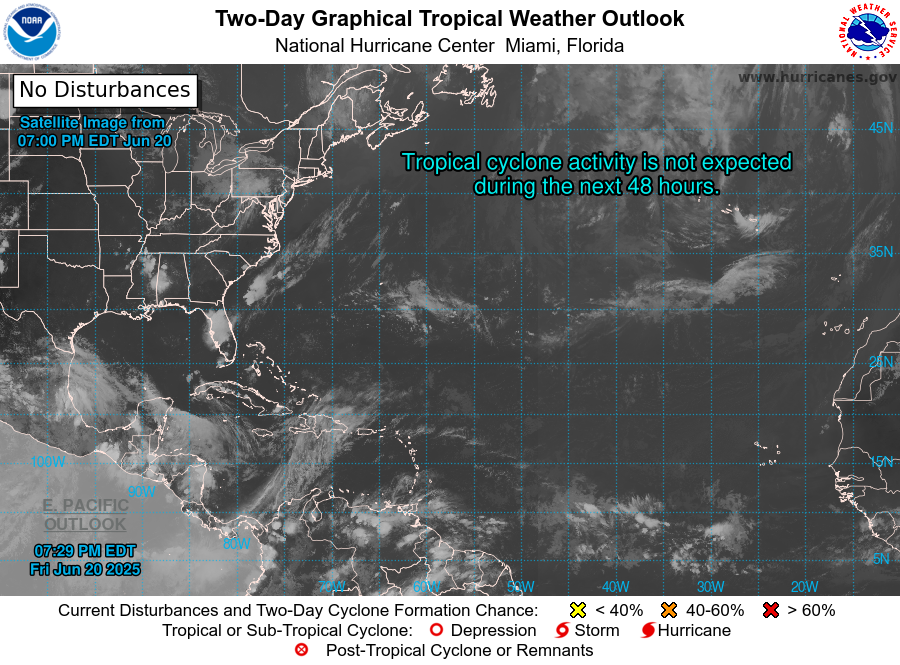And they did it on the day the hurricane season is (statistically at its peak.
From the National Oceanic and Atmospheric Administration's Climate Prediction Center, September 10:
|
EL NIÑO/SOUTHERN OSCILLATION (ENSO)
|
|
DIAGNOSTIC DISCUSSION
|
issued by
CLIMATE PREDICTION CENTER/NCEP/NWS
and the International Research Institute for Climate and Society
|
|
|
10 September 2020
|
| |
|
|
| |
Synopsis:
La Niña conditions are present and are likely to continue through the Northern Hemisphere winter (~75% chance).
In August, La Niña conditions were present, with
below-average sea surface temperatures (SSTs) extending across the
central and eastern equatorial Pacific Ocean [Fig. 1].
In the last week, all Nino indices were negative, with the Nino-3.4
index at -0.9°C and the Nino-1+2 and Nino-3 indices cooler than -1.0°C [Fig. 2]. Equatorial subsurface temperature anomalies averaged across 180°-100°W were negative [Fig. 3], with the largest departures observed in the east-central Pacific from the surface to 200m depth [Fig. 4].
Atmospheric circulation anomalies over the tropical Pacific were also
generally consistent with La Niña, despite sub-seasonal variability
during the month. The low-level and upper-level winds were near average
for the month as a whole, but enhanced low-level easterly winds were
prominent across the equatorial Pacific Ocean during early and late
August. Tropical convection remained suppressed over the western and
central Pacific, and was near average over Indonesia [Fig. 5].
Both the Southern Oscillation and Equatorial Southern Oscillation
indices were positive. Overall, the coupled ocean-atmosphere system was
consistent with La Niña conditions....
....MORE
And from the National Hurricane Center:
 |
